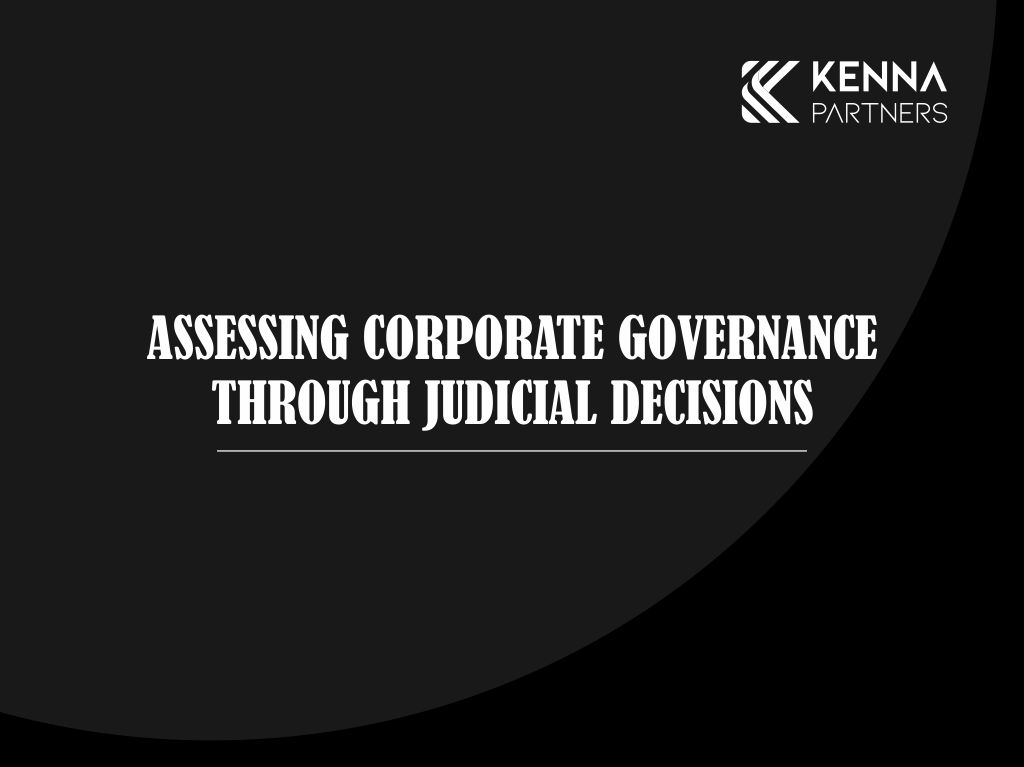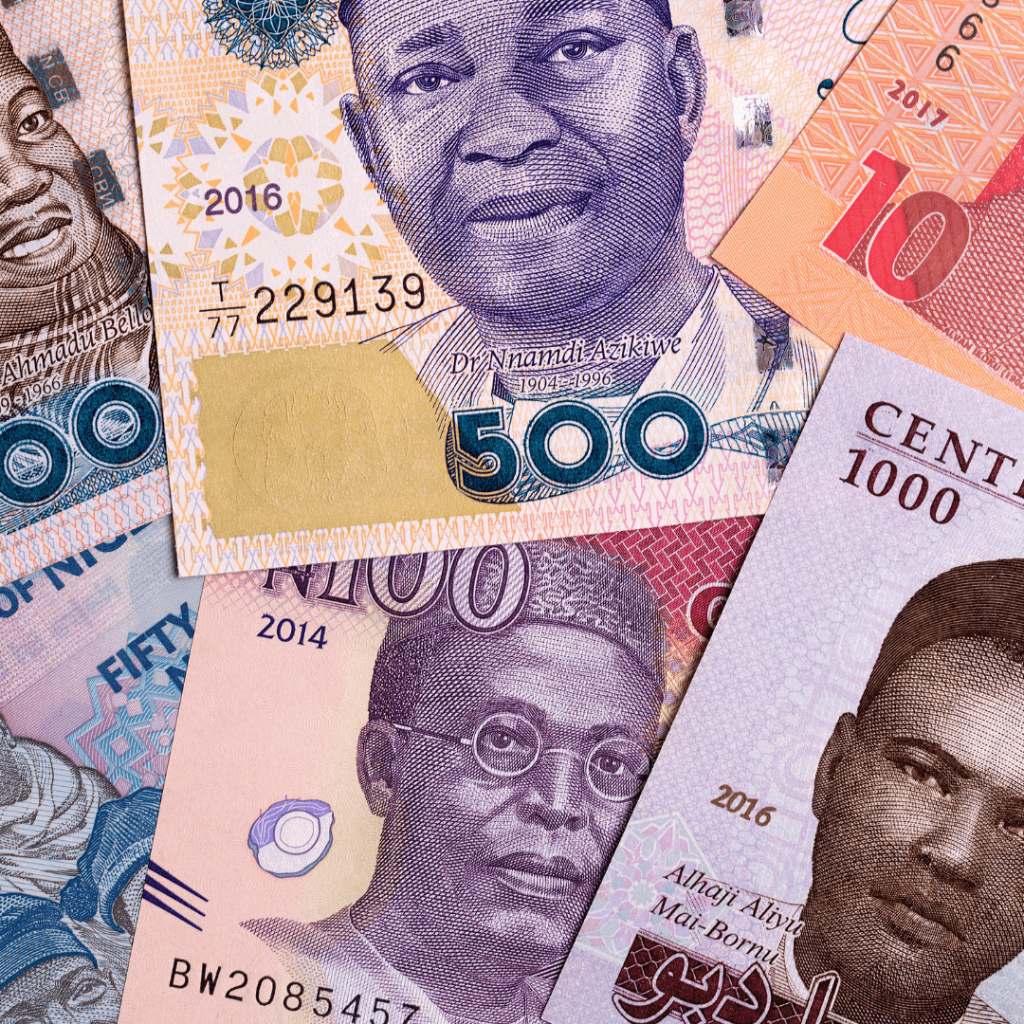

Money is essential for the facilitation of virtually everything, including the financing of business growth and development. To fulfill the need and demand for money, lending evolved with financial institutions, notably banks, providing large-scale credit facilities mainly for investments and related matters. This later grew to comprise low-income earners who wanted to purchase essential goods such as cars, fridges, televisions, generators, etc., and satisfy other personal wants. Eventually, money lending evolved past credit line loans to
acquiring consumer goods from the manufacturers, owners, distributors, or retailers for which payment was made by installments or deferred to a future date.
The outbreak of the COVID-19 pandemic has put many of Nigerians under severe economic strain, thereby forcing many to obtain personal loans from digital platforms proposing collateral-free loans . Due to this, individuals bowed to other means of survival, and some, unfortunately, got stuck in the web of predatory moneylending apps. These fraudulent and predatory digital lending apps conceal themselves as platforms where you can access fast loans with no collateral. However, they demand a plethora of data such as the applicant’s Bank Verification Number (BVN), name, permission to take picture and video recording, access to location, contact, media, and files on devices.
This article will discuss money lending and loan-sharking and the regulation of money lending in Nigeria, particularly as it relates to digital moneylenders. The article will also assess the position of the law on data privacy, do an analysis of data privacy concerns vis-à-vis the menace of predatory lending and give recommendations as to how to achieve a balance in the money lending space.
No results found.
